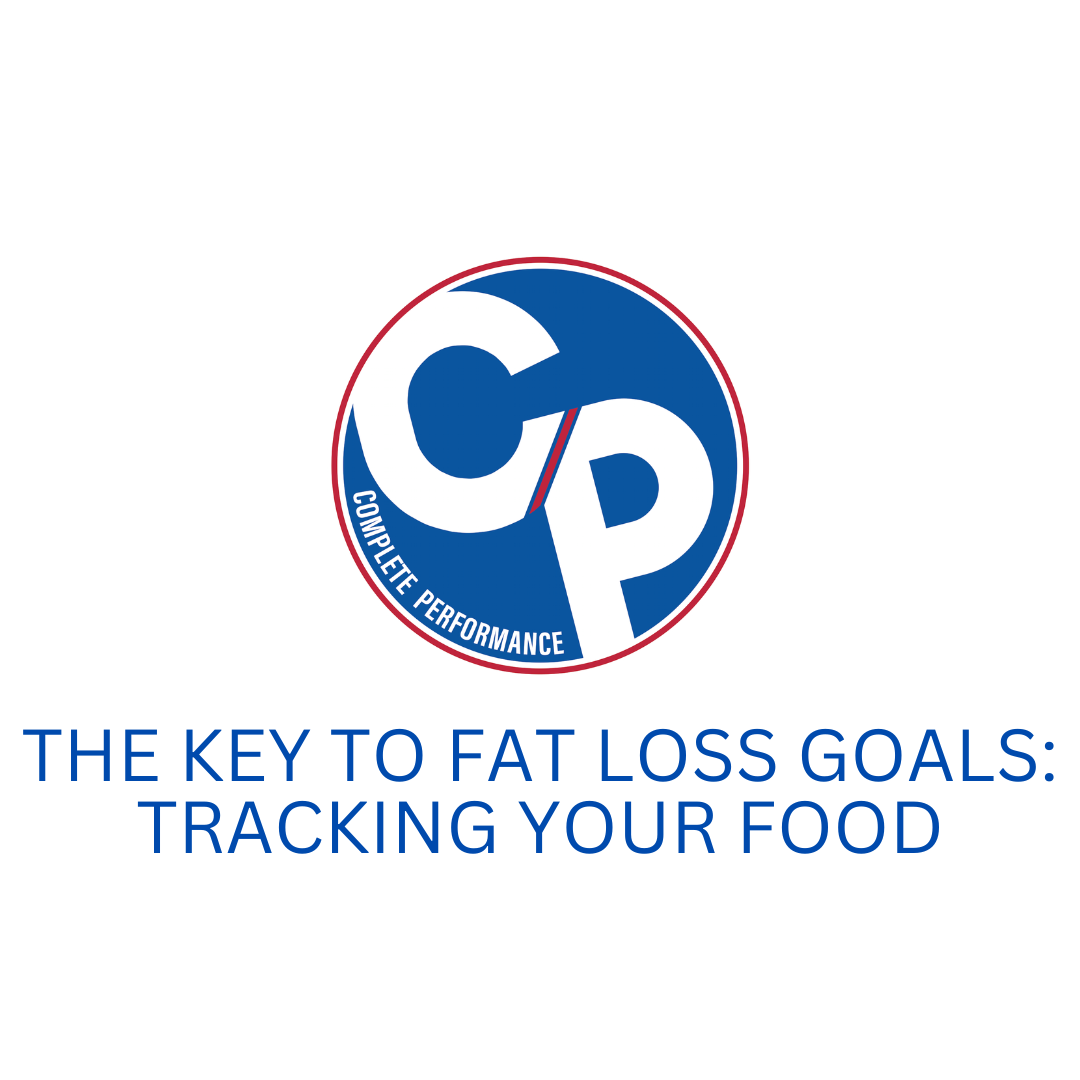Embarking on a journey toward better health and fitness often involves a combination of exercise and nutrition. While hitting the gym and breaking a sweat is crucial, what we fuel our bodies with plays an equally (though many would argue MORE) significant role. One tool that stands out in this journey is tracking food intake. Let’s dive into why it’s so crucial and how it can propel you toward your fitness goals.
Understanding the Basics:
Before we dive into the importance of tracking food intake, let’s understand what that all means. Essentially, it involves keeping a record of everything you eat and drink throughout the day. This could be as simple as jotting down meals in a journal or using specialized apps that calculate calories and nutrients.
Why Track Your Food Intake?
1. Awareness:
One of the primary benefits of tracking food intake is heightened awareness. It’s easy to underestimate how much we eat or overlook hidden calories in seemingly innocent snacks. By logging every morsel that enters your mouth, you become more conscious of your eating habits.
2. Accountability:
Accountability is a powerful motivator on the journey to better health. When you track your food intake, you hold yourself accountable for the choices you make. It’s a tangible way to see if you’re staying on track with your nutrition goals or veering off course.
3. Goal Setting and Monitoring Progress:
Whether your aim is to lose weight, gain muscle, or simply improve your overall health, tracking your food intake provides valuable data for goal setting and monitoring progress. It allows you to adjust your diet accordingly based on your objectives and track how your body responds to different foods.
4. Identifying Patterns and Triggers:
Tracking food intake can unveil patterns and triggers that influence your eating habits. Perhaps you notice that you tend to snack more when stressed or that certain foods leave you feeling lethargic. Armed with this knowledge, you can make informed decisions to break unhealthy patterns and develop better eating habits.
5. Educating Yourself:
When you track your food intake, you inevitably learn more about nutrition. You become familiar with portion sizes, macronutrient ratios, and the nutritional content of various foods. This knowledge empowers you to make smarter choices when it comes to fueling your body.
5 Tips for Effective Food Tracking:
1. Choose a method that works for you, whether it’s a smartphone app, a journal, or a spreadsheet. PRO TIP: Don’t force yourself to a style you KNOW you don’t like!
2. Be consistent and honest with your tracking, including everything you consume. PRO TIP: Lying about your intake only cheats you out of success. Be as honest and as accurate as you can be!
3. Pay attention to portion sizes and read food labels to accurately log your intake. PRO TIP: Start by just slowing down and LOOKING at the back of the package, container, etc. There’s no better way to learn how to do this than by starting to look!
4. Listen to your body’s hunger and satiety cues rather than just adhering to strict calorie counts. PRO TIP: Your body is SMART – way smarter than we even know – it will tell you EXACTLY what it wants, all you have to do is listen.
5. Don’t obsess over perfection. It’s okay to indulge occasionally; the key is balance and moderation. PRO TIP: Food labels are are actually just estimations, so achieving perfection in regards to tracking is actually impossible.
Tracking your food intake is not just about counting calories; it’s about cultivating mindfulness and taking control of your nutrition. By incorporating this practice into your daily routine, you gain valuable insights into your eating habits, make more informed choices, and ultimately move closer to your fitness goals. So, grab your journal or download that app, and start tracking your way to a healthier, happier you.





